Role Play: Dropping character while roleplaying
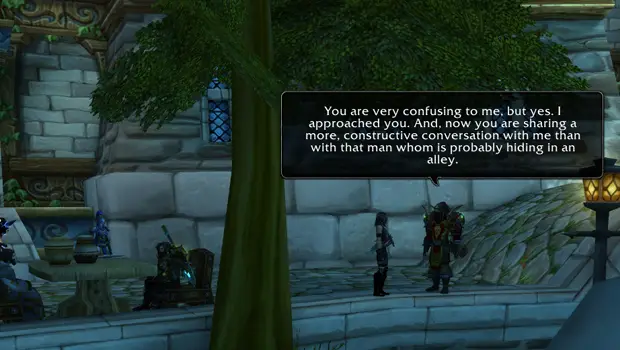
Roleplaying in World of Warcraft can be a lot of fun, whether it’s random walk-up roleplay or roleplaying with a large group of friends. However, there’s a ton of different kinds of roleplayers out there, from people who just spontaneously start talking in-character to people who insist on never, ever going out of character at all. It’s all a matter of what level of roleplay you’re comfortable with — whether you want to take things more seriously, or just have fun with it.
When you’re roleplaying, you’re usually playing as your character, and everything you say is coming from that character’s mouth. But there are times, every now and again, where maybe being in character isn’t necessary at all. While individual roleplay guilds tend to have their own rules and regulations about it, it’s worth discussing just when dropping character is probably a good idea.
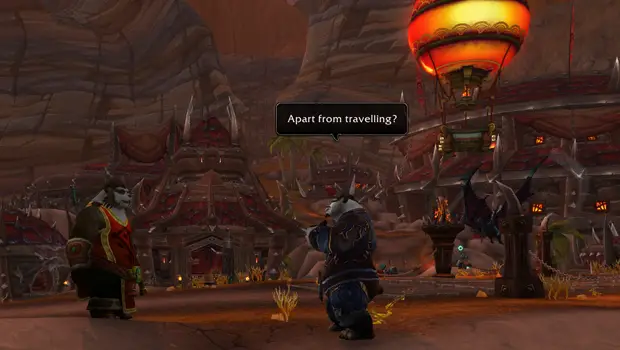
Dropping character
All “dropping character” means is that instead of making your posts as if the character you’re playing is speaking, you make your posts as you, the player. If you’re going to do this in /say, it’s best to denote that you’ve dropped character by including brackets around your text.
In Character: /say “Well I don’t know about you, but I think that I’ve got one of the best armies on Draenor. That orc Joe is the best fighter I have.”
Out of Character: /say ((Hey, are we considering Joe the orc a canon character yet?))
It doesn’t matter what brackets you use, it also doesn’t matter if you’re using single or double brackets, or if you include them at the beginning and the end of what you’re saying, or just tuck them on the end of your sentence. The mere presence of brackets is enough for most people to realize you’re speaking OOC, rather than as your character.
Keep in mind though that if you’re roleplaying in an open world area, or near a lot of other roleplayers, you might not want to communicate in /say at all, because OOC conversations can be pretty disruptive. In that case, you can also just whisper the person you’re talking to, or take it to party chat. If you do this, you still want to include the brackets around what you’re saying, because people do tend to roleplay in whispers or party chat just as often as they do in /say.
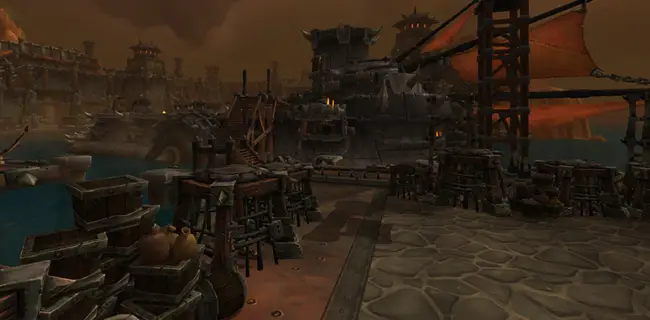
Dungeons and Raids
Most roleplayers don’t bother roleplaying while they’re in dungeons or doing raid content. Why? Mostly due to attention span. It’s downright difficult to pay attention to what you shouldn’t be standing in, the health of the players around you, and your rotation when you’re also trying to remain in-character. And trying to hold a conversation while you’re doing all of that is nigh-impossible. For these reasons, dungeons and raids are considered “out-of-character” — things that you are doing as the player, not as the character you’ve created.
There are exceptions to this, of course, and there are guilds out there that will happily do dungeons and raids while fully in character. But these guilds are generally exceptions, so it’s wisest to simply ask if dropping character is okay, or check out any guild guidelines or rules just to clarify whether or not you should be dropping character first. It’s always better to just make sure you’re on the same page before you jump into group content rather than ask in the middle of a pull.
Some guilds will also clear a raid or a dungeon out-of-character simply for the purpose of using it in-character. Since you can extend a raid lockout pretty much indefinitely, it means you can clear one of these zones and have it empty and ready to cram full of people when you’d like to have an event or a meeting. Raids are full of all kinds of beautiful architecture and wide-open spaces, so why not take advantage of them?
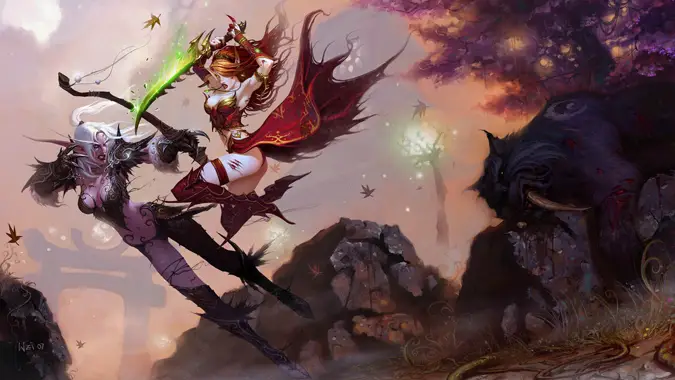
Preparing for combat
Last time, we talked about a few different ways to engage in combat while roleplaying. These methods vary from player to player, and from guild to guild, so this is another situation where if you’re in a guild, you probably want to see if there’s a generally accepted method of engaging in some good old fashioned in-character combat. This is also a situation where, if you’re simply fighting someone one on one, dropping character to clarify exactly how your opponent likes to handle combat situations is an excellent idea.
By dropping character, you’re not just taking a moment to make sure you and your opponent are on the same page. You’re also letting them know that hey, behind that character that is totally angry at their character, there is a player just like them, a player who is not angry at all and just wants to make sure both sides are having fun. This can actually clear up any potential out-of-character conflicts before they begin — because sometimes people get really attached to their characters, and sometimes they have a very clear idea of what they want their character to do. If you happen to get in the middle of that, it can be potentially upsetting.
And the same goes for you as well — if your character is about to get in the middle of a fight, and that character is a pacifist or otherwise adverse to conflict, they might just want to walk away. Your opponent doesn’t necessarily know that, and may pursue to the point of distraction. A quick out-of-character message letting your opponent know that hey, that fight they thought they were going to have simply isn’t going to happen, can help alleviate any hard feelings on either side.
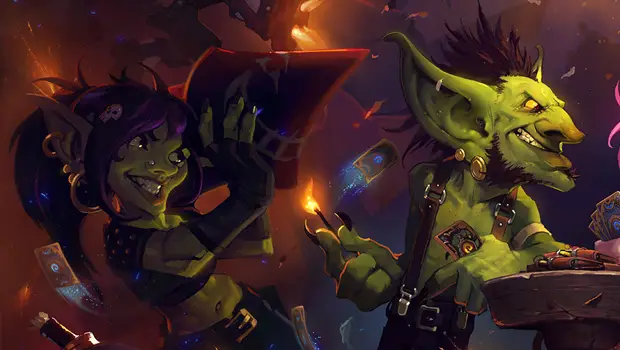
Uncomfortable situations
Sometimes, when you’re roleplaying, you might end up in situations you don’t necessarily like. This can be anything from the above-mentioned confrontations or fights, to criminal activity, to intimate situations. If you’re ever in a situation where you’re feeling uncomfortable with what’s going on, stop all roleplay, drop character, and have a conversation with the person you’re talking to. Roleplay is supposed to be about having fun, not about feeling uncomfortable or unhappy. Dropping character in these kinds of situations isn’t just a good idea, it’s recommended, because you should never feel like you’re being forced to do something you don’t want to do.
There are also times where people tend to get a little too wrapped up in their character, and forget that yes, this is fiction, and yes, there is another human being involved here. Dropping character can help reinforce the idea that you are most definitely not your character, and what your character is doing is separate from you as a player. Remember, you can choose to roleplay with whomever you wish. Along those lines, you can also choose not to roleplay with someone if you aren’t happy with what’s going on, or you can choose to end roleplay with someone if you aren’t comfortable with the situation. You are under no obligation to roleplay just because someone talks to you in character, nor are you obligated to continue doing so if you aren’t comfortable with what’s being said.
Dropping character isn’t something you’re going to have to do very often when you’re roleplaying, but every now and again it becomes a necessity, whether that’s because of what you’re doing, clarifying how you’re going to do something, or just getting out of something if you’re not comfortable with doing it. Being able to identify the situations in which dropping character is necessary is just part of roleplay — and knowing how to effectively communicate that you’re doing so to your fellow roleplayers makes for less confusion all around. Don’t think of dropping character as giving up on roleplay, just consider it part of the package of doing it right.
Please consider supporting our Patreon!
Join the Discussion
Blizzard Watch is a safe space for all readers. By leaving comments on this site you agree to follow our commenting and community guidelines.
 @Shadesogrey
@Shadesogrey



